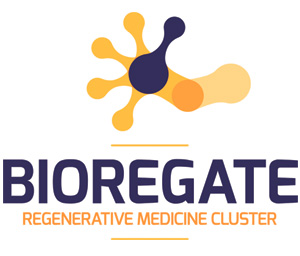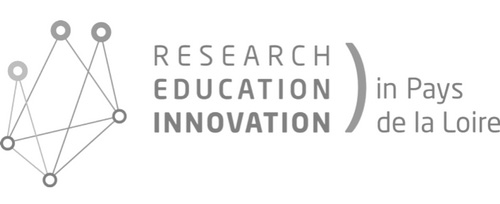Following in vivo recombinant adeno-associated virus (rAAV)-based gene transfer, adaptive immune responses specific to the vector or the transgene product have emerged as a potential roadblock to successful clinical translation. The occurrence of such responses depends on several parameters, including the route of vector administration as well as the viral serotype and the genome configuration, either self-complementary (sc) or single-stranded (ss). These parameters influence rAAV vector-associated immunity by modulating the crosstalk between the vector and the host immune system, including vector ability to interact or even transduce lymphoid tissues in general and antigen-presenting cells (APCs) in particular. Little is known about immune cell populations that are targeted in vivo by rAAV vectors. Moreover, the transduction of dendritic cells is still controversial and not directly demonstrated. Here, we show that intramuscular administration of an sc rAAV8 vector in the mouse leads to a rapid distribution of viral genomes in the lymphoid tissues that is associated with transgene expression. Transduced cells were detected in follicular areas of the spleen and the draining lymph nodes. In addition to B and T lymphocytes, transduced professional APCs were detected although at very low frequency. In addition, viral genomes and transgene transcripts were also detected in these cell populations after ss rAAV8 vector administration. Although the functional significance of those observations needs further explorations, our results highlight an early and intricate interaction between the rAAV vector upon its in vivo delivery and the host immune system.

